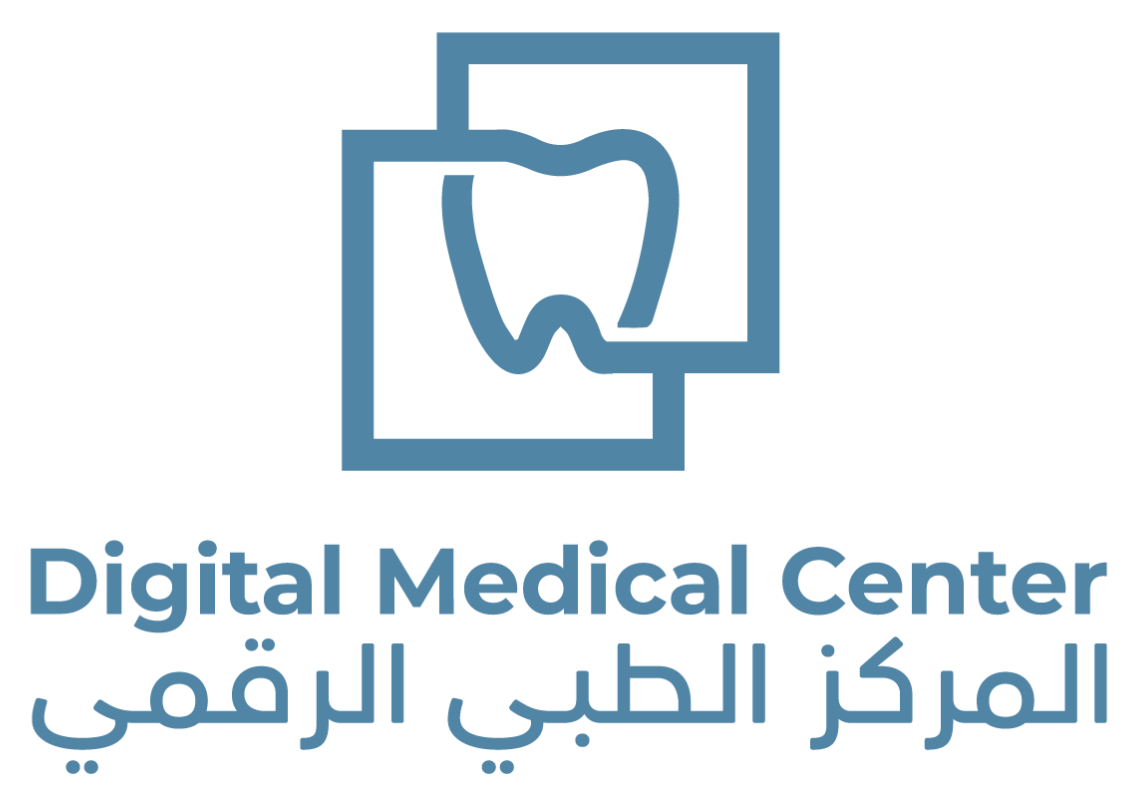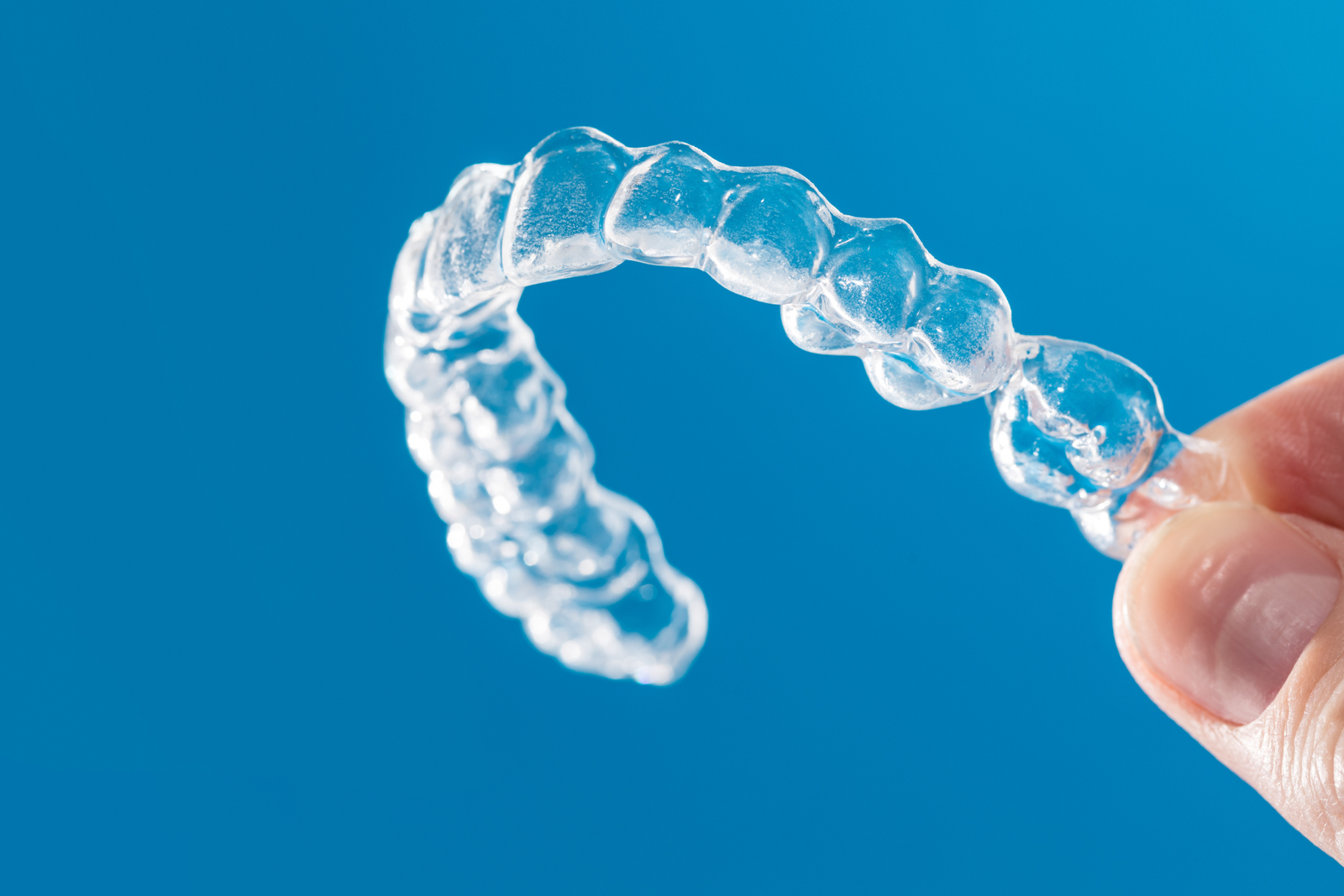What is the Temporomandibular Joint (TMJ) and why is it important?
The temporomandibular joint (TMJ) is the joint that connects the lower jaw to the skull, and it plays a significant role in our daily lives, such as eating, speaking, and yawning.
However, when this joint or the surrounding muscles become imbalanced, problems begin to appear, such as:
Clicking or popping sound when opening or closing the mouth Pain in the jaw or around the ears Difficulty opening the mouth completely These signs are known as temporomandibular joint disorders. Although they are common, they are treatable, especially if diagnosed early.
⸻
Is your chronic headache caused by your jaw, not your head?
Many people suffer from recurrent headaches without knowing the real cause. The surprising thing is that the problem may not be in the head, but in the jaw!
When the bite is unbalanced or the jaw muscles are constantly tense due to stress or teeth grinding, symptoms such as:
Tension headache Pain around the eyes or top of the head
For this reason, it is important to examine the temporomandibular joint in cases of unexplained chronic headaches.
⸻
Teeth grinding during sleep: an annoying habit or a hidden problem?
Many people grind or clench their teeth during sleep without realizing it. Signs that indicate this include:
Tooth wear Jaw pain or tension upon waking Clicking sound in the jaw
Over time, this behavior can lead to real problems in the joint, and may even affect the neck and body balance.
Using a custom splint and managing stress can make a big difference.
⸻
What is the relationship between the jaw and neck and shoulder pain?
The human body is deeply interconnected. Jaw problems may appear in other areas, such as the neck and shoulders.
Tense or unbalanced jaw muscles can cause:
Poor head and neck posture Chronic pain in the shoulder muscles
Therefore, treating temporomandibular joint disorders can help relieve not only jaw pain, but also neck and shoulder pain.
⸻
When should you visit a TMJ specialist?
If you suffer from any of the following symptoms repeatedly, it may be time for a TMJ evaluation:
Jaw pain or clicking Unexplained headache Pain when chewing Ear pain without inflammation
Early diagnosis can prevent the problem from developing.
TMJ treatment today is advanced and effective, and can significantly improve your quality of life.
Follow us on:

Dr. Shereen Abu Ras







